In Nigeria’s ongoing struggle against corruption, the Economic and Financial Crimes Commission (EFCC) has frequently been at the forefront of significant investigations involving politicians, business leaders, and public figures.
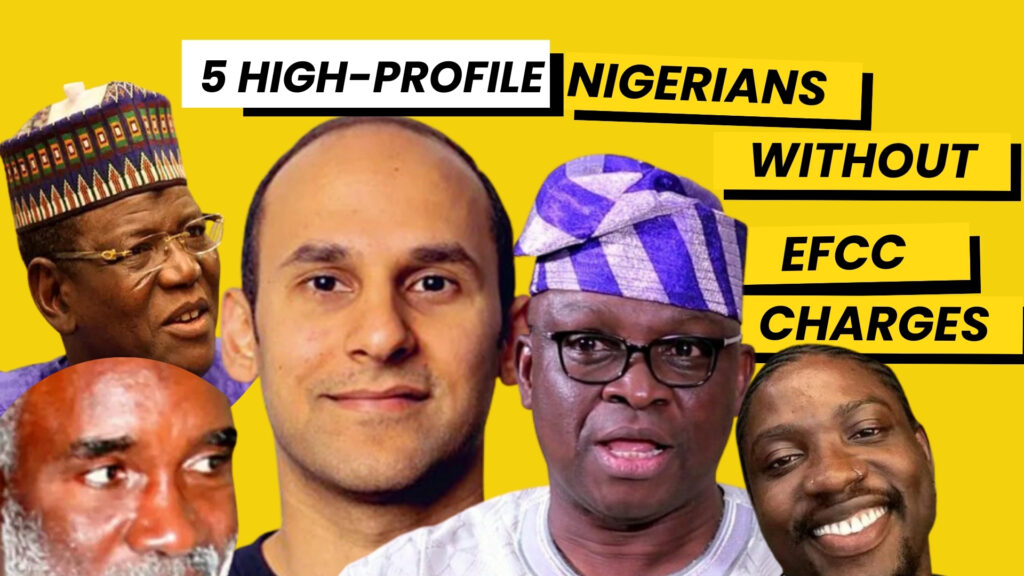
However, despite dramatic arrests, extensive allegations, and years of legal proceedings, some cases appear to slip into obscurityv – dismissed on technical grounds, postponed indefinitely, or quietly closed without resolution.
This report presents five notable individuals whose interactions with the EFCC garnered media attention but ultimately concluded without formal convictions.
1. Sule Lamido (Former Governor of Jigawa State)
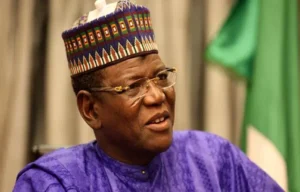
Sule Lamido served as the Governor of Jigawa State from 2007 until 2015. In 2015, he was arrested and charged by the EFCC along with his two sons, Aminu and Mustapha, and several associates.
The allegations involved an astonishing ₦1.35 billion that was purportedly laundered through companies associated with Lamido, such as Bamaina Holdings Ltd and Speeds International Ltd.
The EFCC accused Lamido of accepting kickbacks from contractors who were awarded projects by the Jigawa State Government and diverting the funds into personal and family-controlled accounts.
The trial extended over eight years, during which the EFCC presented more than 16 witnesses. Lamido’s defense team submitted a no-case argument, contending that the prosecution had not demonstrated a prima facie case.
While the Federal High Court initially dismissed this submission, the Court of Appeal reversed the ruling in July 2023, determining that the Abuja court did not have jurisdiction since the alleged offenses took place in Jigawa State.
The charges were dismissed on technical grounds rather than on their merits, leading to Lamido’s discharge. The EFCC subsequently appealed to the Supreme Court in an attempt to reinstate the case, but as of now, Lamido has not faced any formal conviction.
2. Murtala Nyako (Former Governor of Adamawa State)
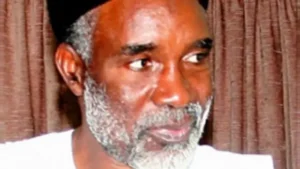
Admiral Murtala Nyako, who held the position of governor of Adamawa State from 2007 to 2014, was charged by the EFCC in 2015 with 37 counts related to ₦29 billion.
The allegations included criminal conspiracy, abuse of office, and money laundering. Nyako was accused of utilizing several companies – Sebore Farms, Pagado Fortunes, Blue Opal Ltd, among others – to misappropriate public funds under the pretense of security allocations.
The trial has faced numerous delays and restarts. It commenced under Justice Evoh Chukwu, was restarted under Justice Okon Abang after Chukwu’s passing, and was subsequently reassigned to Justice Peter Lifu following Abang’s promotion to the Court of Appeal.
Although the EFCC presented 21 witnesses, the case has stalled. In 2025, both sides began discussions for a plea bargain, and the court set a deadline of October 16 for them to either finalize the agreement or continue the trial. Currently, Nyako has not been convicted, and the case remains open – a decade after it started.
3. Ayo Fayose (Former Governor of Ekiti State)
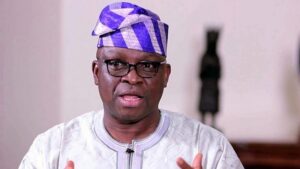
Ayo Fayose served as the Governor of Ekiti State from 2014 until 2018 and was apprehended by the EFCC shortly after his term ended. He faced allegations of laundering ₦6.9 billion, which he supposedly received from Musiliu Obanikoro, the former Minister of State for Defence.
The EFCC asserted that Fayose obtained ₦1.8 billion in cash, kept ₦300 million in his Zenith Bank account, and instructed companies to retain over ₦851 million in suspected illegal funds.
Additionally, he was accused of utilizing these funds to acquire properties in Lagos and Abuja, some of which were registered under his sister’s name.
Fayose entered a plea of not guilty and contested the charges via a no-case submission. On July 16, 2025, Justice Chukwujekwu Aneke of the Federal High Court in Lagos found him not guilty, stating that the EFCC did not provide sufficient credible evidence to back its allegations.
The EFCC promptly declared its intention to appeal the ruling, but as of now, Fayose is still free and remains active in politics.
4. Nadeem Anjarwalla (Binance Executive)
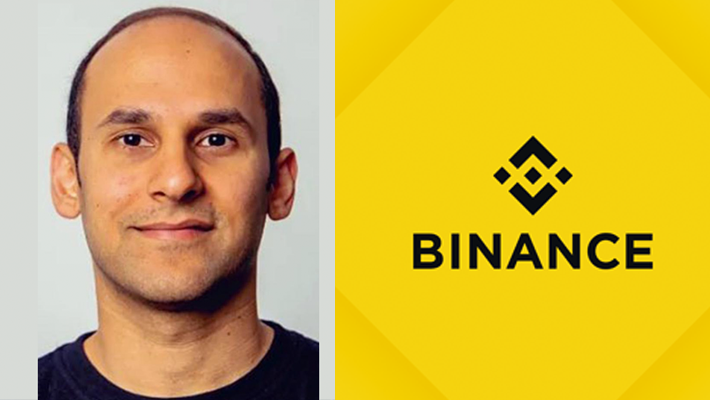
Nadeem Anjarwalla, who serves as the Africa Regional Manager for Binance Holdings, was taken into custody in February 2024 along with his colleague Tigran Gambaryan.
The EFCC charged them with laundering $35.4 million, running an unlicensed financial institution, and manipulating Nigeria’s foreign exchange market via Binance’s peer-to-peer crypto platform. This case is part of a larger initiative to crack down on cryptocurrency trading, which Nigerian officials have deemed a national security threat.
While Gambaryan was held in custody for several months before being released on diplomatic grounds, Anjarwalla managed to escape lawful detention on March 22, 2024, reportedly fleeing to Kenya.
Despite his flight, the EFCC revised its charges and continued the prosecution in his absence. A not-guilty plea was submitted on his behalf, and the trial is still in progress. Anjarwalla remains at large, and attempts to extradite him have not yet been successful.
5. Martins Vincent Otse (VeryDarkMan) – Social Media Activist
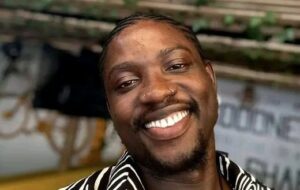
In May 2025, the well-known activist and influencer VeryDarkMan (VDM) was taken into custody by EFCC agents at a GTBank location in Abuja. He had alleged that the bank fraudulently utilized his mother’s NIN to approve a loan without her consent.
The arrest was quite dramatic – VDM was reportedly trapped inside the bank’s exit door for more than five minutes to enable EFCC officials to capture him.
At first, the EFCC denied any involvement, but later acknowledged the arrest, referencing several complaints against VDM for cyberstalking and defamation. He was held for five days and subsequently released on administrative bail without any formal charges being filed.
Critics, including HURIWA and Omoyele Sowore, denounced the arrest as illegal and politically driven. The EFCC stated it was preparing to bring charges, yet no court actions have occurred. VDM continues to be active online, and the case seems to have quietly dissipated.
Conclusion
Despite high-profile arrests and dramatic allegations, many EFCC cases involving politicians and public figures collapse due to technicalities, jurisdictional disputes, or prolonged delays.
This raises serious questions about the strength of Nigeria’s legal system, the influence of political connections, and whether justice is truly being served or simply staged for public consumption.


